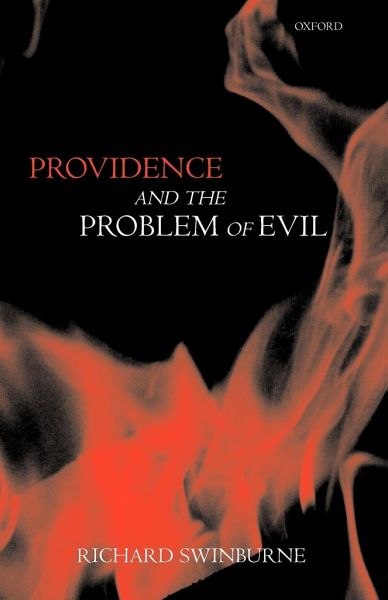
Providence and the Problem of Evil
Versandkostenfrei!
Versandfertig in 1-2 Wochen
67,99 €
inkl. MwSt.

PAYBACK Punkte
34 °P sammeln!
Providence and the Problem of Evil is the final volume of Richard Swinburne's acclaimed tetralogy on Christian doctrine. It may be read on its own as a self-standing treatment of this eternal philosophical issue. Readers who are interested in a unified study of the philosophical foundations of Christian belief will find it now in the tetralogy and in his trilogy on the philosophy of theism.
This book offers an answer to one of the most difficult problems of religious belief: why does a loving God allow humans to suffer so much? Swinburne argues that God wants us to learn and to love, to make our choices about good and evil for ourselves and others on our own, to form our characters in the way we choose, and, above all, to be of great use to each other. If we are to have all these choices and commitments, then there will inevitably be suffering for the short period of our time on Earth. This controversial work concludes Swinburne's acclaimed four-volume philosophical examination of Christian doctrine.


